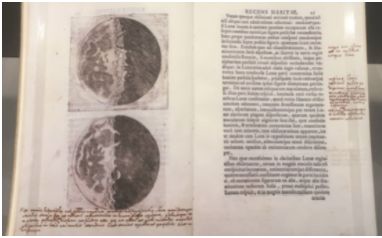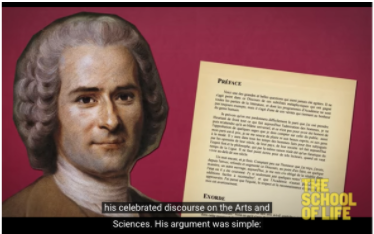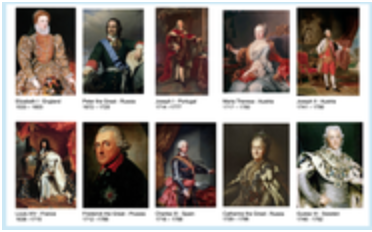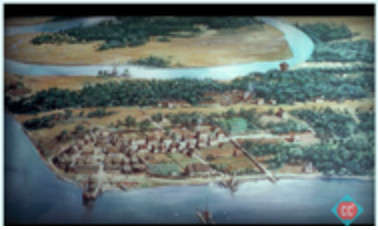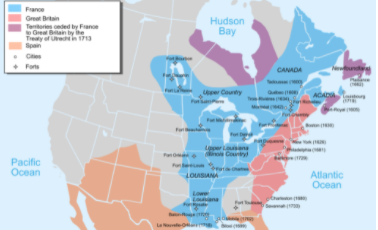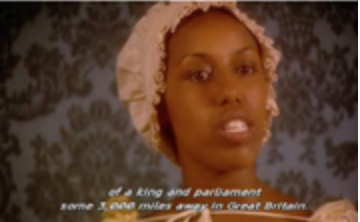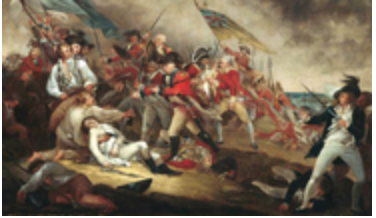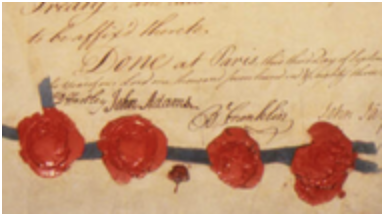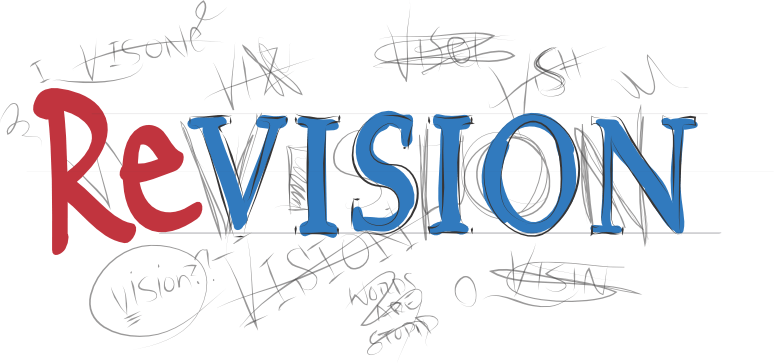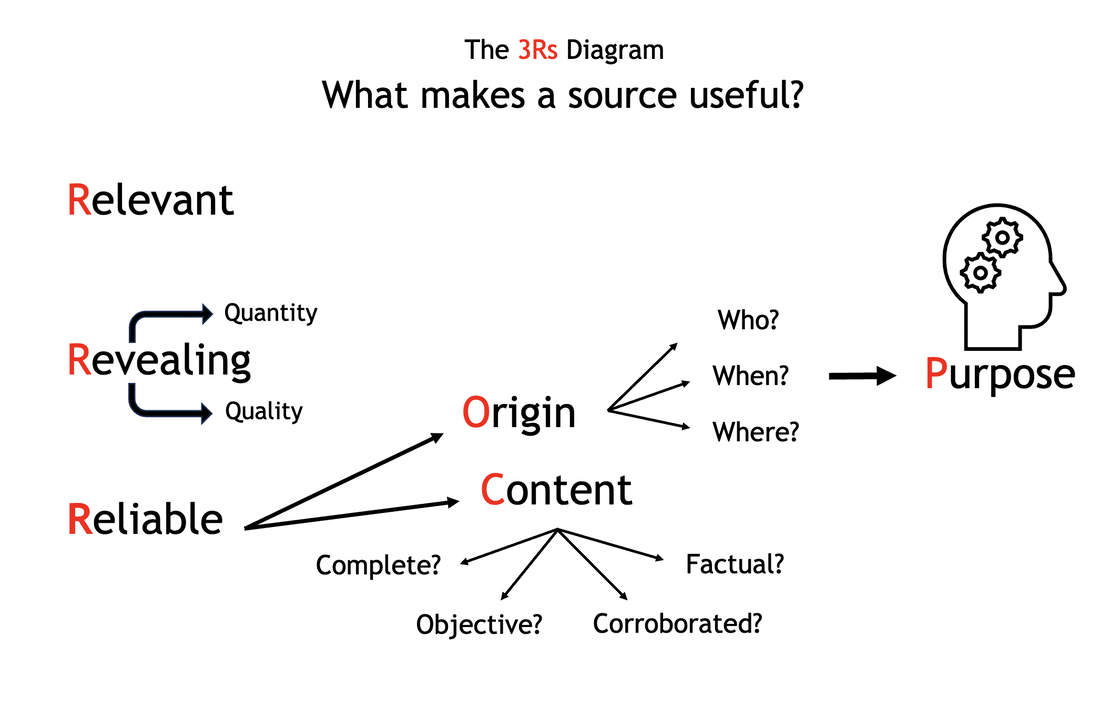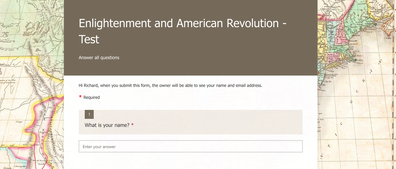* Designated a subject of particular importance in the Anglophone history oral exam (and statistically since 2016 the subject most likely to appear in the final Matu exam).
Matu syllabus reference - Révolution américaine: dessiner l’histoire américaine des 17e et 18e siècles: création d’une société nouvelle par la confrontation entre immigrants et métropole, originalité de l’Indépendance et de la doctrine de Monroe ; analyser les Etats-Unis comme première démocratie de l’époque moderne et comme Etat de droit (constitution américaine). Matu syllabus
Matu syllabus reference - Révolution américaine: dessiner l’histoire américaine des 17e et 18e siècles: création d’une société nouvelle par la confrontation entre immigrants et métropole, originalité de l’Indépendance et de la doctrine de Monroe ; analyser les Etats-Unis comme première démocratie de l’époque moderne et comme Etat de droit (constitution américaine). Matu syllabus
Revision notes.
|
A4 Revision essentials is a printable but not editable A4 sheet with the absolute essentials to hopefully help you pass the Matu.
'Six like Sydney' is from the notes of a very successful former student. These are often more detailed than the website and might be edited to create your own notes. |
Videos
Crash Course
|
|
|
|
OverSimplified
|
|
|
Matu 1 - End of Unit Test
There will be three sections to this test.
Section A - Factual recall - This will require one-word answers to a set of factual questions. All the questions will be taken from this quiz.
There will be three sections to this test.
Section A - Factual recall - This will require one-word answers to a set of factual questions. All the questions will be taken from this quiz.
Section C - Explanatory questions - You will be expected to answer one from the following list of questions. You will chose one from two possibilities. The best answers will try to make a series of Big Points that are explained with examples:
- With reference to one 'absolute monarch' that you have studied, explain what is meant by the concept of enlightened absolutism.
- What were the main causes of the American War of Independence?
- Why did the British lose the American War?
- What were the consequences of the American War for the USA and the world?
To conclude...
|
|
|

